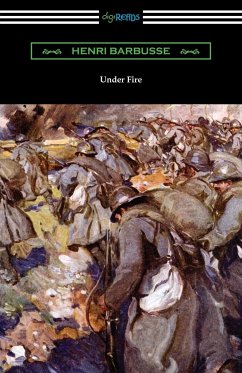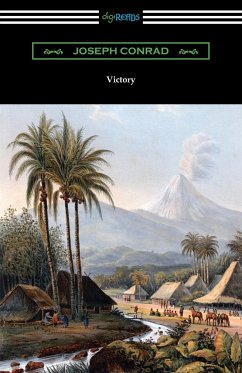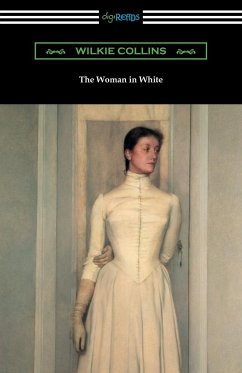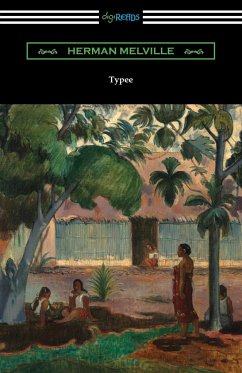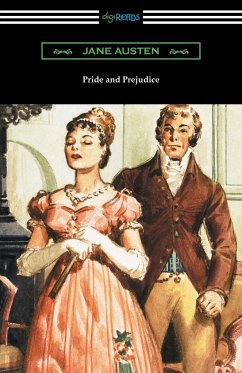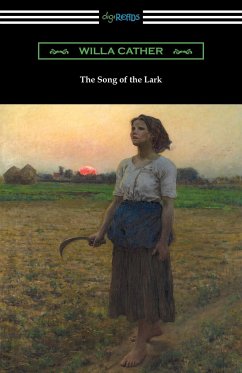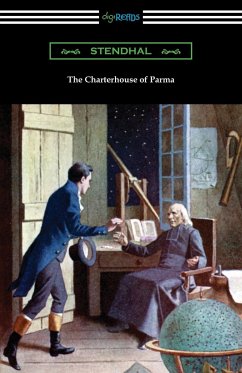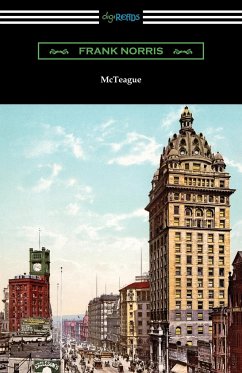One of the most powerful accounts of trench warfare from the WWI era, "Under Fire" recounts the experiences of the men of the French Sixth Battalion on the front lines after the German invasion. While a fictional narrative, "Under Fire" is based upon diaries Barbusse had written on the front from 1914-1915, and completed in the hospital while recovering from injuries. Barbusse published his work in both serial and book form in late 1916. By the end of the war it was a world-wide bestseller, having sold over a quarter of a million copies. The narrative received mixed reviews at first because of Barbusse's gritty and brutal realism, which some war critics saw as validation for their protests, while others felt it fictionalized and exaggerated the war. Since then, "Under Fire" has been ranked with such classics as "A Farewell to Arms" and "All Quiet on the Western Front" as one of the most powerful, realistic portrayals of the horrors of war. This edition is printed on premium acid-free paper.
